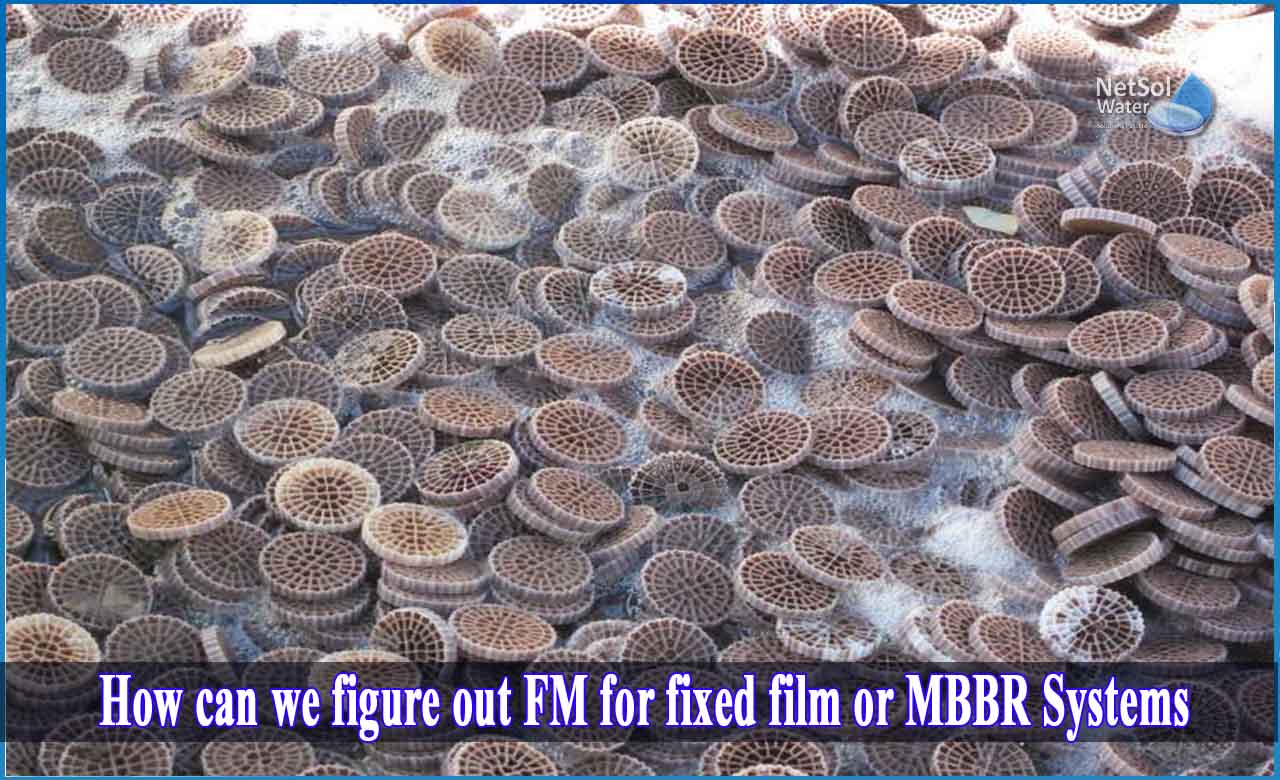MBBR - Moving Bed Biofilm Reactor
If the "bulk" of the pollutant load must be disposed of (as a cost-cutting measure) or if relevant discharge requirements are not as stringent, the Moving bed Bioreactor (MBBR) provides an economically viable method for wastewater treatment.Netsol Water Solutions provide innovative wastewater treatment solutions for the industrial and municipal markets through this application. These methods improve the capacity and efficiency of existing wastewater treatment facilities while reducing the scale of future plant deployments.
This approach allows for high disposal efficiency while consuming little energy. This technique is used to remove organic contaminants, as well as nitrification and denitrification. The MBBR system consists of an aeration system that gathers sludge on recycled plastic carriers. These carriers feature a wide interior surface area for excellent interaction with water, air, and microorganisms. Depending on the quality of the wastewater and the disposal requirements, the MBBR process may be utilized for a range of different applications to get the necessary outcomes.
F:M (Food-to-Mass) Ratio
The food-to-microorganism (F:M) ratio, also known as the food/mass (F/M) ratio, maybe quantified and is an essential aspect in the design and operation of aeration basins such as activated sludge basins.To function successfully, the activated sludge process requires a balance between the food entering the bioreactor and the bacteria in the bioreactor.
A high F:M ratio indicates that there is more food (measured as BOD, COD, or TOC) than microorganisms available to digest that food. In suspended growth bioreactors, when the F:M ratio is high, the bacteria are active and proliferate quickly, but they are also more distributed.A high F:M ratio, as a result of this dispersion, generates an environment in which bacteria do not form a nice, big, dense floc. As a result, a high ratio frequently leads to poor settling sludge in the secondary clarifier and turbid effluent.
A low F:M ratio indicates that there are numerous microbes but only a limited supply of food. Only when food is scarce, bacteria begin to produce a thicker slime layer, lose motility, and cluster together to form a dense floc that settles nicely in the clarifier.
How can we figure out FM for fixed film or MBBR systems?
Activated sludge systems work by circulating suspended biomass (MLSS) through an aerated basin and then separating solids for recycling back into the aeration basin. Contact stabilization, prolonged aeration, batch reactors, oxidation ditches, and pure oxygen systems are all variants on the procedure to treat wastewater.
The Food to Microorganisms (F/M) ratio has been a critical operational parameter. Traditionally, F/M was computed with MLSS or MLVSS as the “M” and BOD-5 as the “F”. The key is to be consistent and to always know what you're using to compute F/M and choose the appropriate F/M ratio for activities.
Choosing biofilm-type systems over suspended growth
In MBBR systems, because the biomass is connected to the medium, calculating F/M in this system is challenging. As a result, the loading per unit of surface area in any biofilm-based system might be BOD-5/square meter or Ammonia/square meter.
The main advantage of a biofilm system over a suspended growth system is that it can contain more biomass than equivalent activated sludge units, which rely entirely on solids separation to keep biomass in the aeration tank. But, systems with high influent oil and grease, for example, can foul (coat) the media, which can be a major issue.
What do we offer?
Netsol Water is a world-class water management company that provides complete water treatment, industrial wastewater treatment, sewage treatment, desalination, and Zero Liquid Discharge (ZLD) solutions. We have a track record of producing and treating difficult-to-treat wastewater at a cheap cost. Our expertise is in bringing together our teams to ensure seamless project implementation. We include cutting-edge technologies, reduce our carbon footprint, save energy, and provide a cutting-edge water treatment system.
Our treatment solutions include neutralization, filtration, extraction, separation, and recycling of wastewater streams. Our hazardous and non-hazardous wastewater handling facilities provide environmentally pleasant wastewater streams.
Netsol Water is Greater Noida-based leading water & wastewater treatment plant manufacturer. We are industry's most demanding company based on client review and work quality. We are known as best commercial RO plant manufacturers, industrial RO plant manufacturer, sewage treatment plant manufacturer, Water Softener Plant Manufacturers and effluent treatment plant manufacturers. Apart from this 24x7 customer support is our USP. Call on +91-9650608473, or write us at enquiry@netsolwater.com for any support, inquiry or product-purchase related query.



